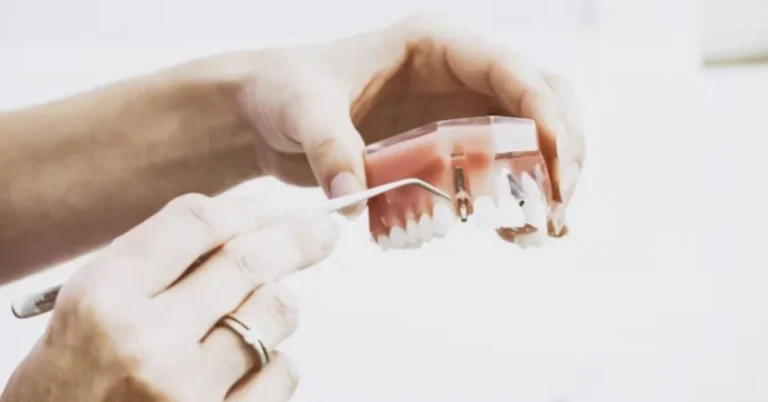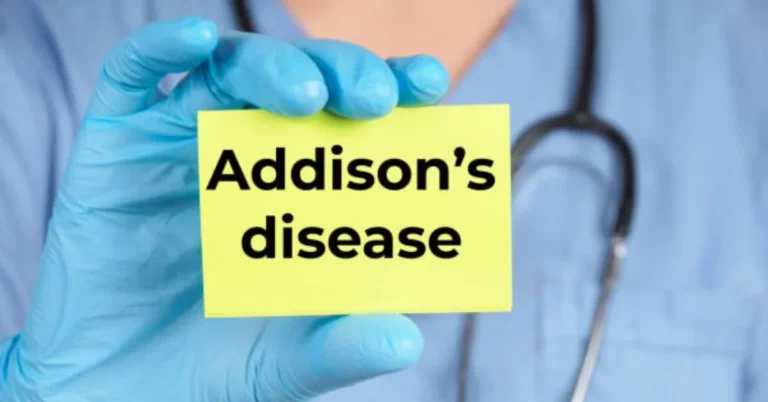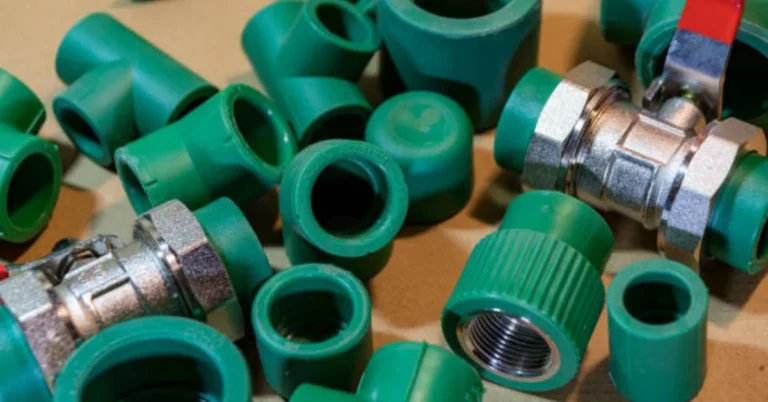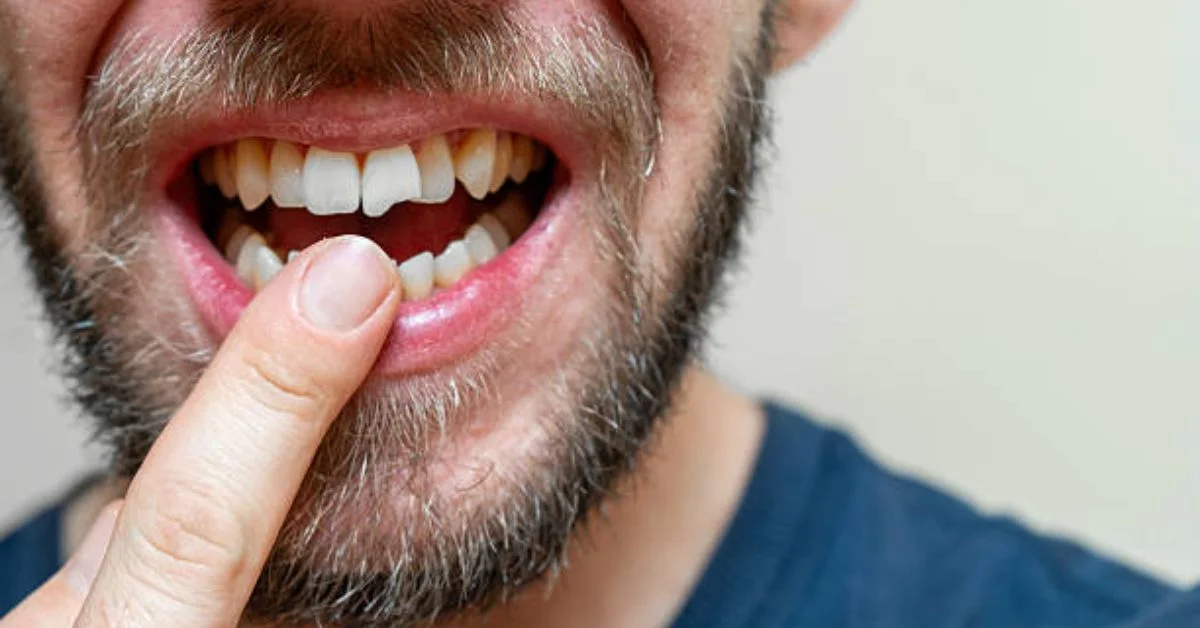
A chipped tooth crown is more than just a cosmetic problem—it’s a dental situation that can cause discomfort, interfere with normal chewing, and even risk further damage to your natural tooth underneath. Crowns are designed to protect damaged teeth, restore function, and enhance appearance, but they are not indestructible. Over time, or due to sudden impact, a crown can crack, chip, or even break entirely. Understanding what causes this to happen, how to respond if it occurs, and what long-term solutions exist is essential for maintaining good dental health and preventing more costly problems in the future.
In this comprehensive guide, we will cover what a chipped tooth crown is, why it happens, the different levels of damage, how dentists repair them, the risks of delaying treatment, and prevention tips that can extend the lifespan of your dental restoration. By the end, you’ll have a clear plan of action if your crown ever chips and the knowledge to keep it in top condition for years to come.
What Is a Tooth Crown and Why They Chip
A tooth crown is a custom-made dental restoration that completely caps or encases a tooth or dental implant. It’s usually recommended when a tooth is severely decayed, fractured, root canal-treated, or aesthetically unappealing. Crowns can be made from several materials, including:
- Porcelain or Ceramic – Known for natural appearance but more prone to chipping than metal.
- Porcelain-Fused-to-Metal (PFM) – Stronger due to metal base, but porcelain layer can still chip.
- Gold or Metal Alloys – Extremely durable, rarely chip, but less aesthetic for front teeth.
- Zirconia – Highly durable and increasingly popular for both aesthetics and strength.
Even with durable materials, crowns are subject to daily wear and tear from chewing forces, grinding, temperature changes, and accidental trauma. Over time, or with sudden stress, the outer surface can chip or crack.
Common Causes of a Chipped Crown
Crowns can chip for many reasons, often involving a combination of external force and internal material fatigue. The most common causes include:
1. Biting Hard Foods: Chipped Tooth Crown
Chewing ice, hard candies, popcorn kernels, or bones can create excessive force on the crown, leading to cracks or chips.
2. Bruxism (Teeth Grinding)
Unconscious grinding, especially at night, places constant stress on crowns. Over time, this repetitive pressure can weaken and fracture the surface.
3. Trauma or Accidents
Falls, sports injuries, or blows to the face can cause sudden chipping, even in otherwise healthy crowns.
4. Material Wear Over Time
Although crowns can last 10–15 years or longer, constant use can cause gradual weakening, making them more prone to chipping.
5. Poor Fit or Installation
If a crown does not fit perfectly or is bonded improperly, it may be more vulnerable to damage.
6. Chewing Habits
Using teeth to open packages, bite pens, or chew fingernails can create uneven stress on the crown.
Levels of Crown Damage: Chipped Tooth Crown
Not all crown chips are the same. The extent of the damage determines the urgency of treatment and the type of repair needed:
- Minor Chip – Small cosmetic flaw on the surface. Usually painless and may be smoothed or repaired with dental bonding.
- Moderate Chip – Larger fracture that may expose underlying metal in PFM crowns or dentin in natural teeth.
- Severe Chip or Crack – Significant breakage affecting the crown’s structure, often requiring full replacement.
- Crown Detached with Tooth Damage – Emergency case if the underlying tooth structure is exposed or broken.
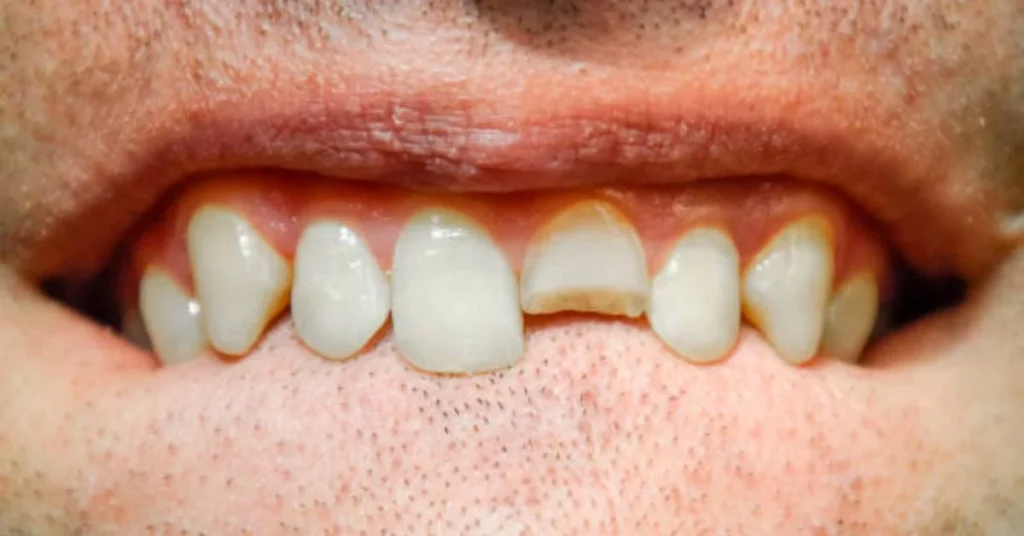
What to Do If Your Crown Chips
If you notice a chipped crown, quick action can prevent further complications. Here’s the recommended approach:
- Assess the Damage – Look in a mirror to check the size of the chip. Note any pain, swelling, or bleeding.
- Avoid Using the Tooth – Stop chewing on that side to prevent worsening the damage.
- Rinse with Warm Salt Water – This helps clean the area and reduce infection risk if there’s gum irritation.
- Manage Discomfort – Over-the-counter pain relievers can reduce soreness until you see a dentist.
- Save Broken Pieces – If the chip is large, bring it to the dentist; sometimes it can be bonded back.
- Schedule an Urgent Dental Visit – Even if it’s not painful, prompt evaluation is essential to avoid more serious problems.
Risks of Ignoring a Chipped Crown: Chipped Tooth Crown
Delaying treatment for a chipped crown can lead to:
- Tooth Decay – Bacteria can enter through cracks and attack the tooth underneath.
- Tooth Sensitivity or Pain – Exposed areas may react to hot, cold, or sweet foods.
- Crown Failure – Small chips can grow into larger fractures, making repairs impossible.
- Gum Irritation or Infection – Rough edges can cut gum tissue, leading to inflammation.
- Damage to Opposing Teeth – Sharp, uneven crown edges may wear down adjacent teeth.
Treatment Options for Chipped Crowns
The right solution depends on the severity of the chip, the crown material, and the condition of the tooth underneath.
1. Smoothing and Polishing
For tiny, cosmetic chips, dentists can smooth the area to prevent irritation and restore appearance.
2. Dental Bonding
Composite resin can be applied to fill in minor chips, restoring shape and function. This is usually a temporary fix.
3. Crown Repair
In some cases, porcelain fragments can be reattached with strong dental cement if the underlying structure is intact.
4. Crown Replacement
If the chip is large or the crown is old, replacement is the most durable option. The dentist will remove the old crown, take impressions, and fit a new one.
5. Addressing the Underlying Cause
If bruxism caused the chip, a night guard may be recommended. If poor fit was the issue, adjustments will be made.
Preventing Future Crown Chips: Chipped Tooth Crown
While no crown lasts forever, you can greatly extend its life with proper care:
- Avoid chewing ice, hard candy, or very tough foods.
- Wear a night guard if you grind your teeth.
- Use mouthguards during sports or physical activities.
- Keep up with regular dental checkups for early detection of wear.
- Maintain excellent oral hygiene to prevent decay around the crown edges.
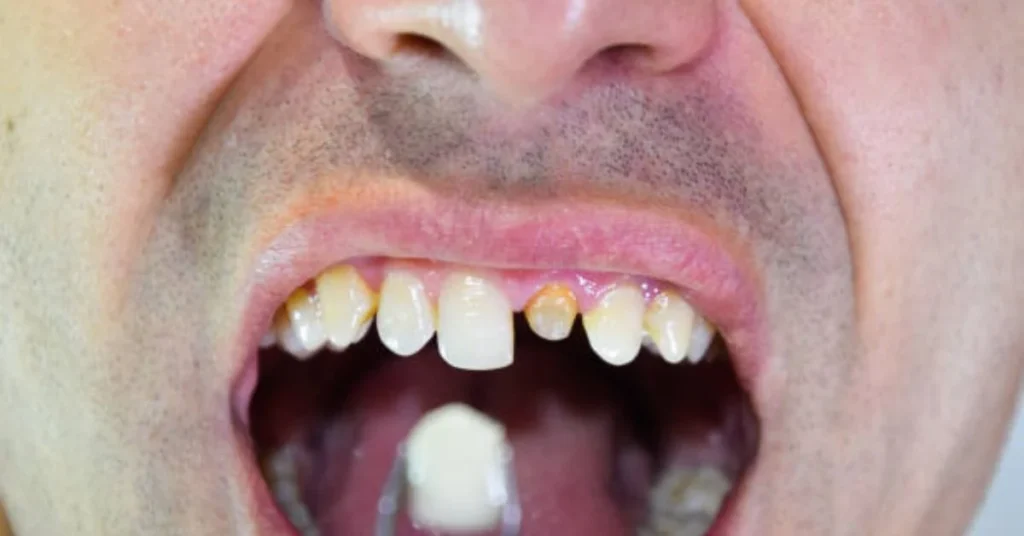
Lifespan of a Dental Crown After Chipping: Chipped Tooth Crown
A chipped crown’s lifespan depends on how quickly it is repaired. Minor chips that are smoothed or bonded can allow the crown to last several more years. However, severe fractures often mean immediate replacement to protect the natural tooth. In general, high-quality crowns last 10–15 years with good care, but they may need attention sooner if damage occurs.
Conclusion: Chipped Tooth Crown
A chipped tooth crown is not just a cosmetic inconvenience—it’s a dental health issue that should be addressed promptly. By understanding the causes, recognizing the types of damage, and seeking professional help quickly, you can protect your natural tooth, avoid more costly repairs, and keep your smile healthy. Prevention, including careful eating habits and protective gear, plays a huge role in keeping crowns intact for as long as possible.
FAQs: Chipped Tooth Crown
1. Can a chipped crown be repaired instead of replaced?
Yes, small chips can often be repaired with bonding or smoothing, but larger ones usually require crown replacement.
2. Is a chipped crown an emergency?
Not always, but if you have pain, sharp edges, or exposed tooth structure, see a dentist immediately.
3. Will insurance cover a chipped crown?
Many dental insurance plans cover repairs or replacements, but it depends on your policy and how long you’ve had the crown.
4. Can I eat normally with a chipped crown?
It’s best to avoid chewing on the affected side until it’s repaired to prevent further damage.
5. How long will a repaired crown last?
Minor repairs can last years if well maintained, but damaged crowns often have a shorter lifespan than undamaged ones.
For more information, click here.


